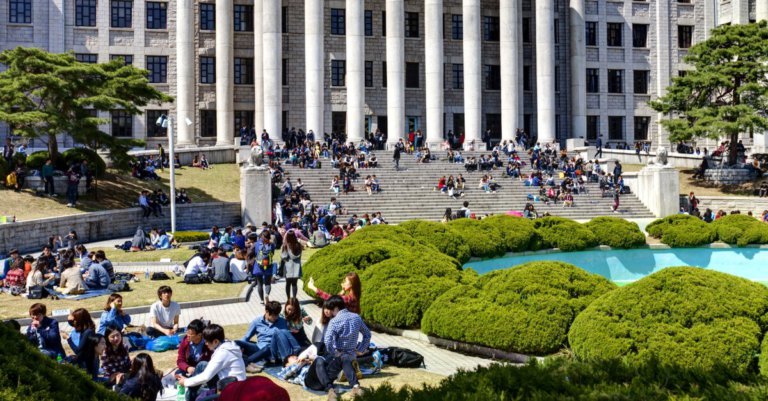
The movie Parasite by South Korean filmmaker Bong Joon-ho has captured international attention. It was the first non-English language movie to win the coveted Oscar for Best Picture at the 92nd Annual Academy Awards.
With its success comes a spotlight on educational inequality in a country often praised for its meteoric rise from poverty to an Asian economic powerhouse.
According to South China Morning Post, South Korea’s emphasis on education stemmed from the country’s transformation after the Korean War in the 50s and 60s – where they rose from one of the poorest economies in the world to the 12th largest in the world and fourth in Asia.
The transformation was spurred by encouraging citizens to become more educated, which has led to high and intense competition among families to send their children to the best schools and universities. Statistics show that seventy percent of young South Koreans are university-educated.
South Korean parents are the world’s highest spenders on their children’s education.
According to SCMP, wealthier families in South Korea spend more money on private education than families who can’t afford to pay the hefty costs. For the latter, the choice is either to borrow or use all their savings to give their children the same opportunities.
With so many of the country’s youth attending college, the value of a college degree in South Korea has decreased, as has graduates’ earning potential.
ICYMI: how Bong Joon-ho’s #Parasite highlights South Korea’s obsession for higher education https://t.co/qp2TUGGk5A
— SCMP Asia (@SCMPAsia) February 10, 2020
Forbes reported that due to this, South Koreans are intensely scrambling to get into its top-ranked universities, where graduates typically earn more when they enter the workforce.
However, there are only three of these prestigious universities in South Korea, often seen as the best and only pathway for a successful and high-earning career.
Forbes also reported that despite the youth population being highly-educated, the country still faces rising unemployment rates, particularly among college graduates.
Besides the difficulty in finding well-paying jobs that match their qualifications, students also face stress and anxiety in a country where suicide is the leading cause of death among teenagers.
The stress to perform well in studies begins from school, where an official day ends at 4pm but can last until 11pm in private tutoring, school study halls, or “cram institutes,” according to NPR.
Tom Owenby, who spent five years teaching English and AP History in Seoul, told NPR, ” It’s not about finding your own path or your own self as it is about doing better than those around you. It’s in many ways a zero-sum game for South Korean students.”
The Korean government is introducing more vocational training in an attempt to address the high unemployment rates. Since 2010, it has tried to increase student interest in vocational education as well as aligning it better with labour market needs.
One example is the introduction of “Meister” secondary schools, modelled after Germany’s Dual System, which focus on specific industries like banking, manufacturing or shipbuilding. It’s competitive to enter but graduates are guaranteed employment.
Liked this? Then you’ll love…
Why international students should consider studying in South Korea
Are international students in South Korea addicted to the internet?







